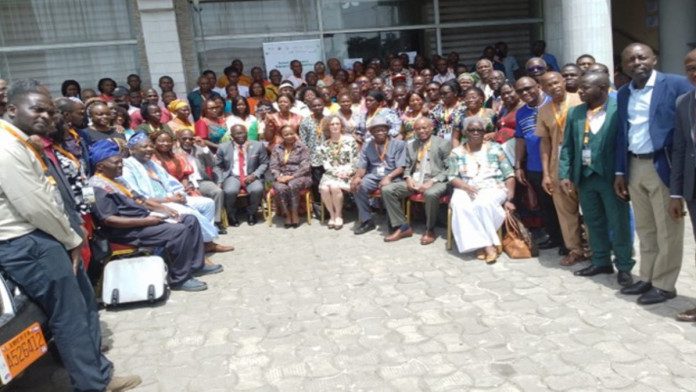News in Brief:
– Liberia held a seed business summit to improve its agriculture sector by creating a sustainable seed system for key crops.
– The summit aimed to address challenges like poor seed quality and collaborate on solutions with stakeholders like scientists and farmers.
Liberia recently hosted a business summit focused on developing a roadmap for a more robust seed system in the country. This summit, themed, Building a Harmonized Roadmap for Seed Sector Transformation, was aimed at addressing limitations currently hindering Liberian agriculture.
Co-organised by the Liberian Ministry of Agriculture (MoA) and the Central Agricultural Research Institute (CARI), it brought together a diverse group of stakeholders to collaborate on solutions. Participants included policymakers, international financial institutions, scientists, private sector representatives, and farmer organisations.
Key goals of the summit include the establishment of a sustainable seed system for priority crops like rice, cassava, maize, soybean, and fish. Also, it targeted improving the availability of high-quality seeds that are resistant to disease and adaptable to climate changes.
Additionally, efforts are in gear to encourage greater private sector involvement in the Liberian seed system. Furthermore, there is a plan to develop a roadmap that informs future investments which aligns with Liberia’s agricultural development plans.
According to Dr. Godwin Atser, Country Director of the Sasakawa Africa Association (SAA) in Nigeria, Liberia’s current seed system faces several issues, including poor seed quality, weak regulations, and limited research for maintaining seed variety.
The summit aimed to address these challenges by sharing successful models from other African countries, like the BASICS-II project which is building a sustainable cassava seed system in Nigeria and Tanzania. By learning from these examples, Liberia can develop a more efficient and effective seed system tailored to its specific needs.
The summit is expected to generate recommendations that will be incorporated into Liberia’s agricultural policies and plans, such as the Liberia Agriculture Sector Investment Plan and the Pro-Poor Agenda for Prosperity and Development.



